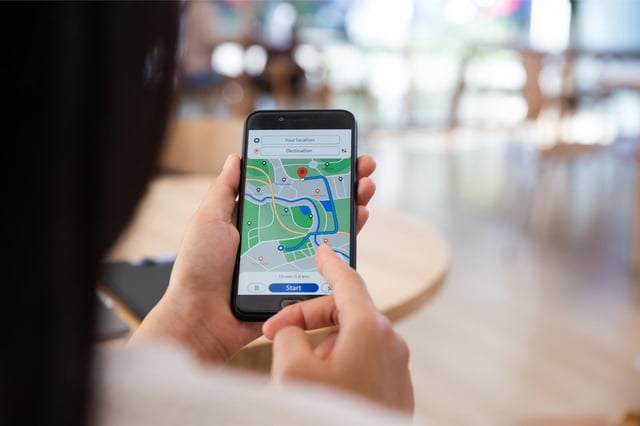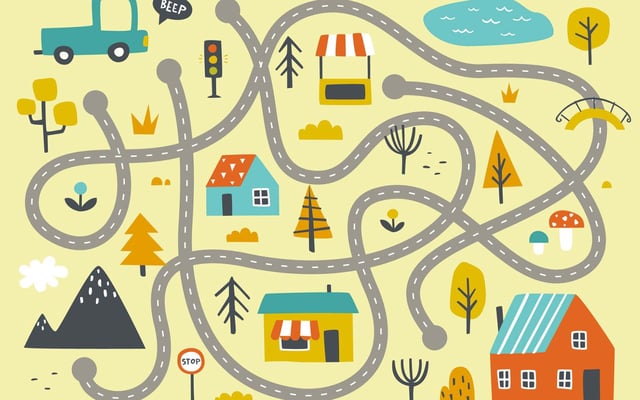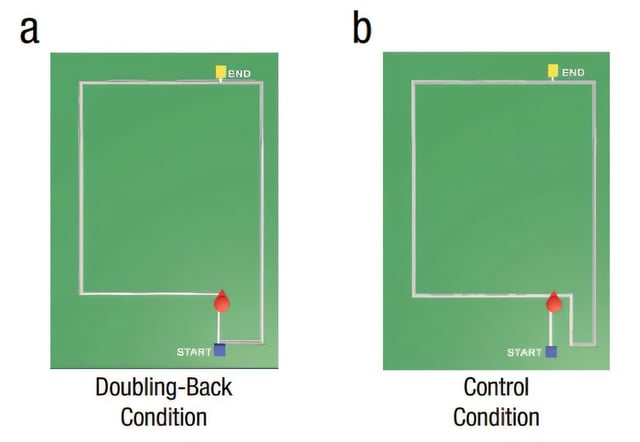Overview
- Doubling-back aversion describes a reluctance to choose an easier or faster route when it requires retracing prior steps.
- Researchers tested the effect across four studies with 2,524 participants drawn from undergraduates and online workers, using virtual-reality navigation and cognitive word-switching tasks.
- Participants’ fear of losing progress and the perceived extra workload from restarting were identified as primary drivers of the bias.
- Lab framing dramatically influenced behavior: only 25% of participants switched to an easier task when it was labeled 'doubling back' versus 75% under a neutral description.
- Authors urge broader replication with diverse samples and deeper investigation of underlying mechanisms before recommending practical applications.



